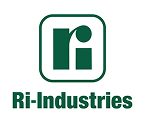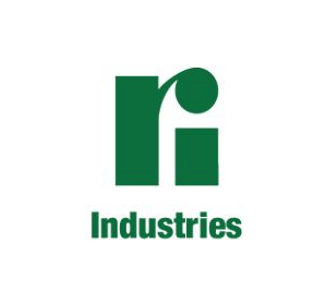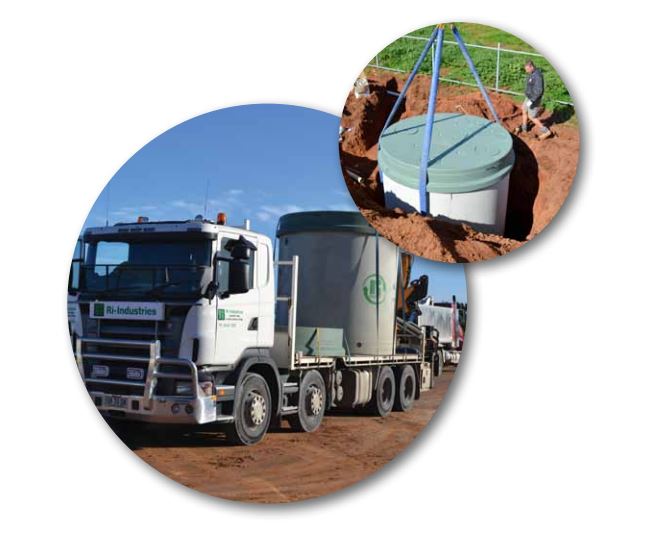If it seems you’ve been doing an excessive amount of cleaning these past few months, you’re not alone. Worries about COVID-19 have us washing, wiping, and scrubbing more than usual. What can be wrong with that? Cleanliness plays an important role in keeping us healthy, right?
Of course the answer to that question is yes! Keeping our homes and ourselves clean is important to help maintain our good health. But, when it comes to our septic systems, there can be such a thing as ‘too clean’.
Septic tanks need natural bacteria to form because they work to break down solids. They will rid pollutants such as phosphorus, nitrogen and the disease-causing bacteria found in household wastewater. Using an abundance of cleaning materials can disrupt the growth of the natural bacteria which impedes the treatment of wastewater and can result in groundwater contamination which can, in turn, pose a threat to drinking water.
You may be cleaning more and using antibacterial soaps, antibacterial cleaners, bleach, ammonia, etc. to help keep you and your family healthy. But by using an excessive amount of these cleaners, you risk upsetting the development of the necessary bacteria in the septic system which can then result in contaminated groundwater and drinking water. So, what is the best thing to do?
The goal is to find a good balance. Cleaning supplies such as the ones we just mentioned are okay to use in minimal amounts. When possible, substitute septic safe cleaners for the harsh chemicals. Read our blog Safe Cleaning Products for Ri-Treat Waste Water Treatment System to learn more about septic safe cleaners, such as vinegar, bicarbonate of soda, soap – in the form of washing powder, dishwashing liquid and ordinary body soap, and biodegradable cleaning liquids.
Harsh chemicals are also often used to unclog drains. Again, in order to help maintain the natural bacteria in the septic tank, try using the methods we share in our blog Unclog Drains Without Harsh Chemicals.
We understand staying healthy is on our minds more than usual these days and we want to do all we can to help. If you have questions about safe cleaning products or installing a Ri-Industries septic tank, please call us at 08 8444 8100.






